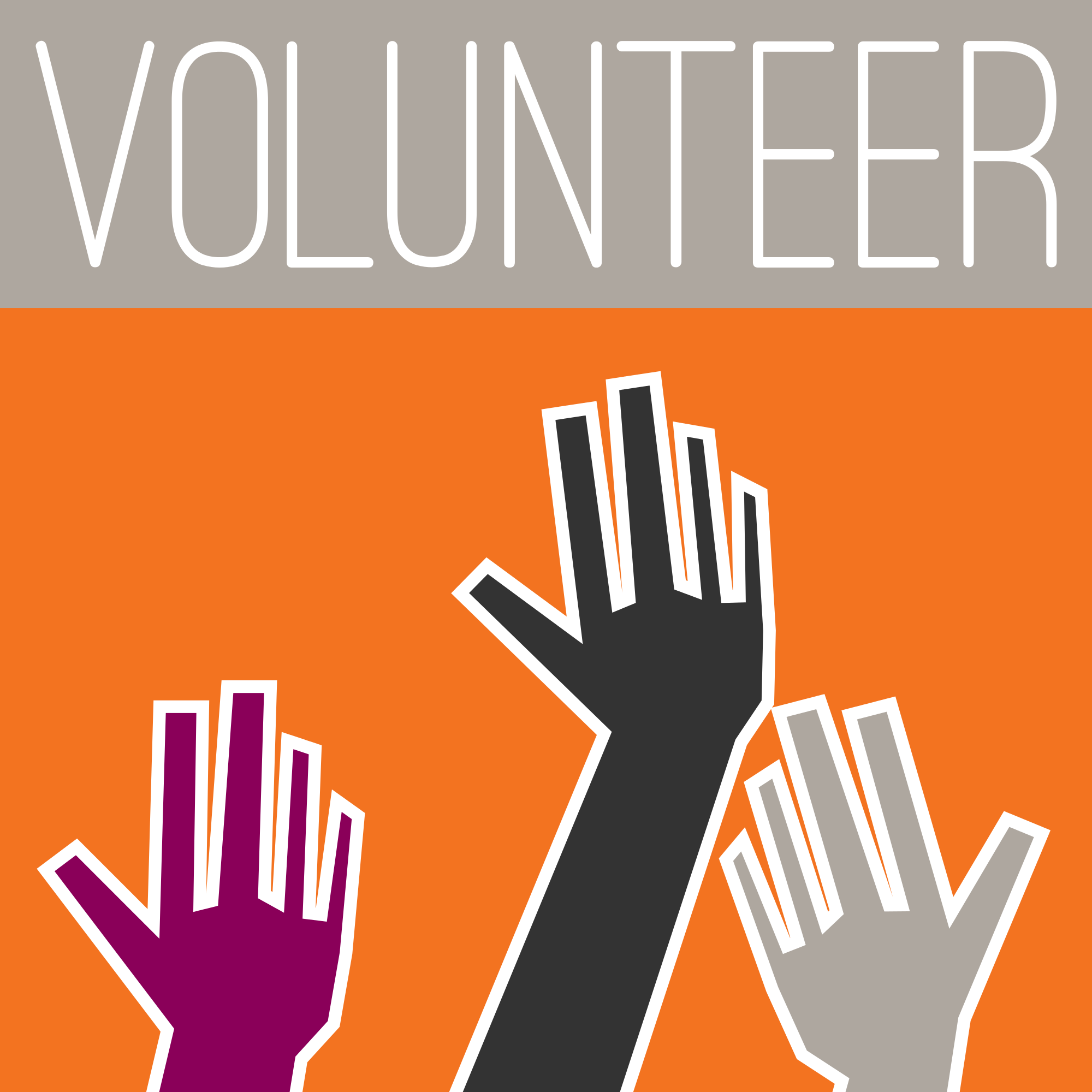It was interesting how so many articles I had saved just didn't seem to interest me anymore the way they did when I first read them. I eliminated a lot as I browsed through them and ended up done with 2016, so all I have left is 2017, so I'm only a month (or two) behind now.
 |
| source: wikimedia |
I've been working and figuring out ways to incorporate blogging in my classroom since last year, so a post by Jacqui over at Ask a Tech Teacher about Why and How Students Can Blog caught my attention. She talked about how students can collaborate by commenting (something my students have to do) and co-writing (not something my students do). Designing a profile was also discussed. This one I'm not sure I'm on board with. I don't even let me students use their full names on their blogs and ask them to make sure they are unlisted. Privacy and protection and all that. That segues right into their digital footprint. Having them reach out beyond their own classmates and trusted others scares me a little. Maybe next year, and maybe with parent permission slips. She talked about many other things, but the last one I want to touch on is reflection. It's one of the reasons I blog, and it's one of the main reasons I have the student's blog. Writing down your thoughts, regardless of if you have a prompt to answer or not, is really helpful in a multitude of ways. I know that blogging about the things I do in class, help me analyze what does and does not work. I have the students do the same with their Passion Project portion of their blogs.
Again, back to Cult of Pedagogy and a post by Jennifer Gonzalez on 6 Ed Tech Tools to try this year. The 6 tools are Nearpod, Planboard, Slack, Peergrade, Newsela, and Sketchboard. I've used Slack before (though not with my students) and am thinking of maybe using it next year to sort of create a community help board for my classes. I signed up for Peergrade, but in the crazy that this past month has been completely forgot to try it out with my students and their Chinese Culture Research Projects. I like to try most things out with my more dependable and easier to manage 10th grade honors students, so maybe I'll give it a try with the next essay. I have a Newsela account but never use it. I might use it to print up lower Lexile articles for my EL students the next time I need an Article of the Week.
 |
| source: wikimedia |
Continuing with another post by Andi McNair, she posted: Don't Assume, Ask! This is critical I think not only of teachers to students but students to teachers. But, as the adult, the ownership lies with us. I need to get better and have been working on it, about just assuming that my students (especially those 11th-graders) are just lazy and ask them why they didn't do their work. She also talks about not assuming things about administrators and their decisions either. That one is a little trickier for me, but I do tend to be the one that will step forward and address an issue (elephants don't belong in the room).







